The government has created a smoke screen of “migration” in order to cover up economic and social reality by blaming immigrants. Many believe it, others do not, but all the same, they do not want foreigners in their home. This was once a country that continually welcomed immigrants; today the UK appears to attack them from all sides.
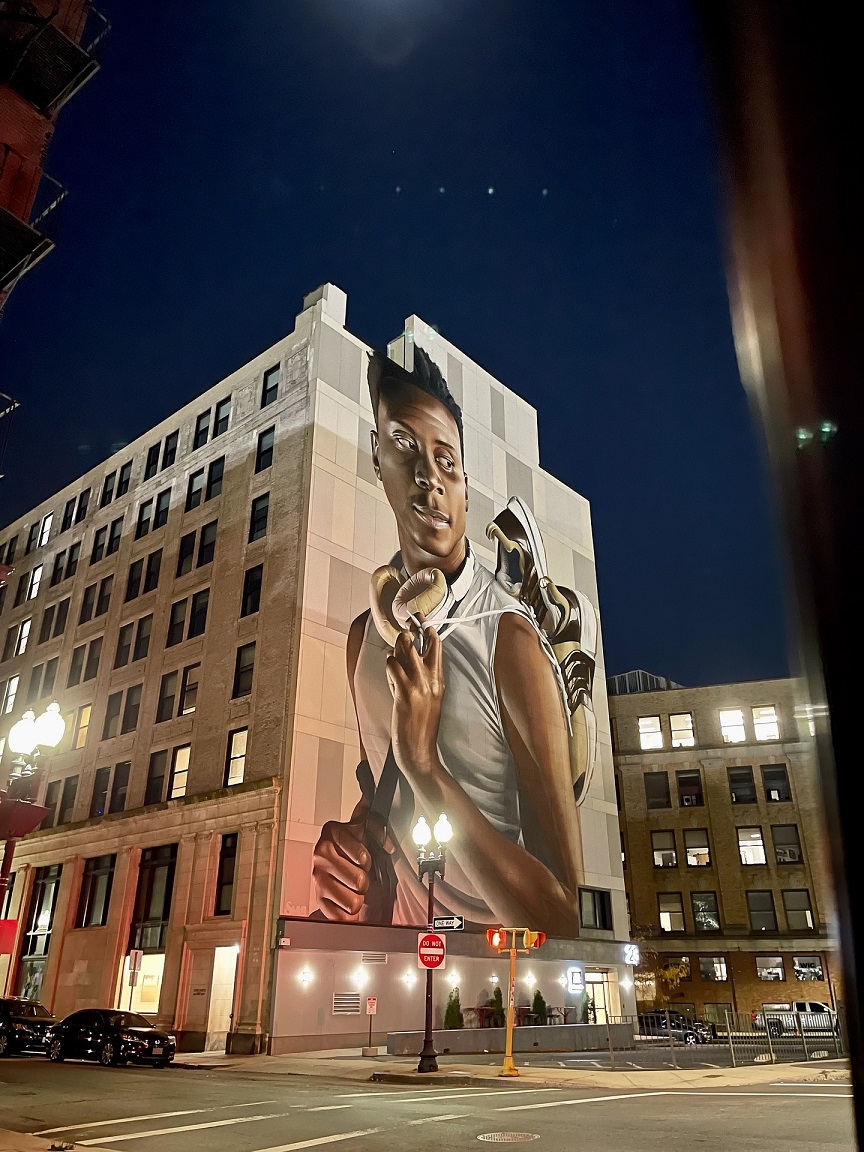 In one of the most multicultural cities in the world, Islamophobia and racist attacks are the norm, and institutional racism is commonplace, particularly within the police force.
In one of the most multicultural cities in the world, Islamophobia and racist attacks are the norm, and institutional racism is commonplace, particularly within the police force.
It has become apparent that in this urban society many people demonise the term “multiculturalism” and perpetuate stereotypes and prejudices about people. This denies immigrants their freedom of expression and their ability to live according to their culture.
Denis Fernando, activist from Stand Up to Racism, claims that the diversity characterising British society should be perpetuated by its politicians and citizens.
Many people agree that the UK cannot house any more immigrants, others do not want any at all, and manipulate figures blaming foreigners for coming and taking things that belong to the British. However, the reality is that migration is necessary and normal. Without immigrants the UK would see the collapse of its health services, and public sector debt would rise from the current figure of 74% to 187% by the middle of this century (without net immigration).
Stand Up to Racism is one of the leading UK organisations defending ethnic minorities and combating discrimination and racial segregation. Campaigner Denis Fernando spoke with The Prisma.
Although people say racism is a thing of the past, the number of incidents has increased. Does this indicate a resurgence in our society?
Yes, there are many indicators of this, from the presence of openly fascist parties from the early 2000’s, to Childline saying that there is an increase in racist bullying in the classroom, to continued explicit racism in football, which is making a return to the terraces.
How willing are people to discuss the subject?
The struggles against racism have meant that it is no longer socially acceptable to be ‘a racist’. However, the continued attacks on migrants and the Muslim community, Roma and others are allowing the same stereotypes that were previously used against Black communities to be used again now.
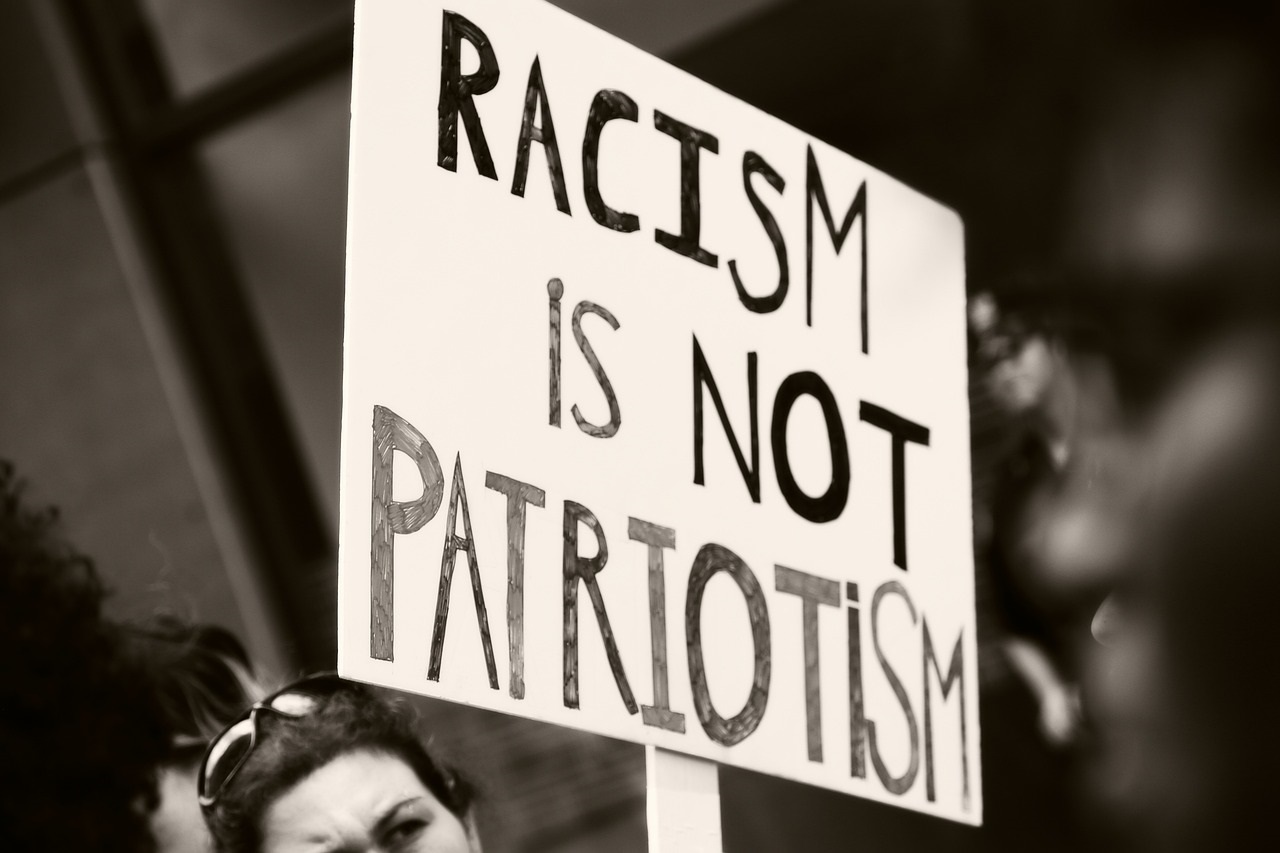 Are British people xenophobic, racist and/or intolerant?
Are British people xenophobic, racist and/or intolerant?
Britain has a colonial history of empire. This involved slavery and subjugation across the globe, and racism was used to make this possible. That legacy is still with us today and has to be challenged. That said, the overwhelming majority of British society is multicultural and diverse, and finds overt racism repugnant.
Are people willing to admit it that it happens?
Institutional racism is a key factor. Whether its admitted or not, racism can be witting or unwitting. This is what the Lawrence report found. So we must all work together to ensure it is thoroughly challenged.
Every day there are incidents of violence and hatred in British society, are they motivated by racism?
Racist and Islamophobic attacks are a regular occurrence in British society. They often go unreported and are not given coverage in the media that they warrant.
The Govt of David Cameron was not a friend to immigrants, and neither have many other politicians. And what is worse, a large part of the population and parties like UKIP follow the same route. What do you say to this?
Mainstream parties must take responsibility for the dangerous debate that is being whipped up about migrants. For example, Eastern European migrants contribute more in taxes than they take in benefits compared to the domestic population.There was no ‘flood’ of eastern European migrants this year. By failing to challenge the hostile debate, and even making concessions to it, mainstream parties give far right and fascist parties a lifeline which they then use to legitimise their politics of hatred against these communities.
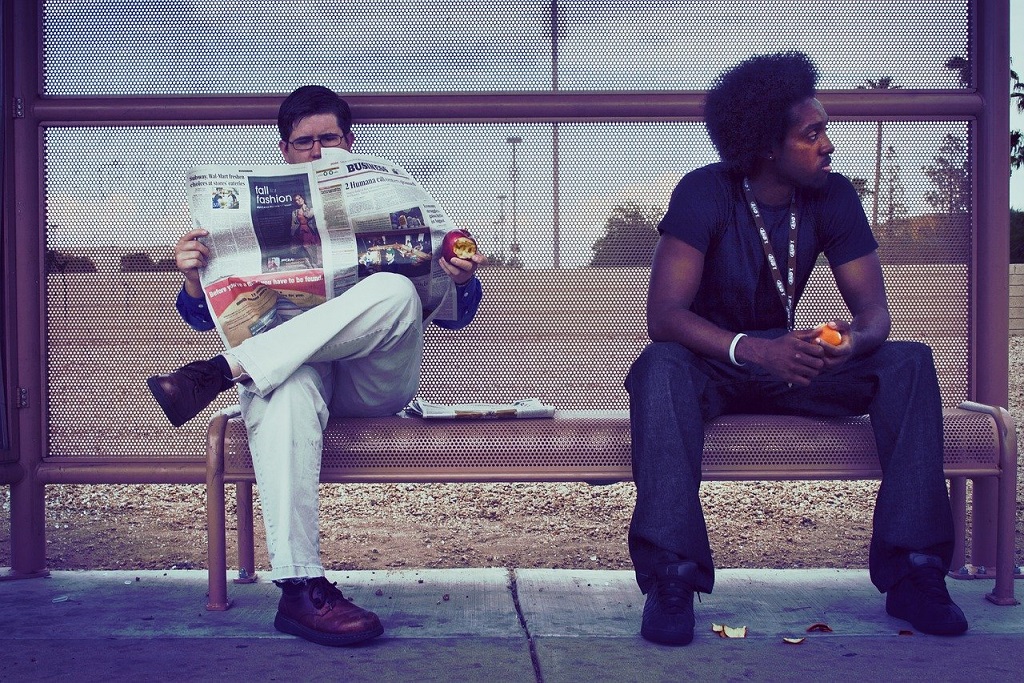 What is the typical profile of a racist?
What is the typical profile of a racist?
There is no typical profile. Sadly, racism is present in all aspects of society.
What are the personal or social motives that lead someone to continue being a racist in this society?
Racism exists in a society where stereotypes and prejudices are perpetuated about people. Clearly fascist and far right parties are doing this to make gains for power. In the midst of the economic crisis, scapegoating communities to distract from the real causes of the economic crisis is a real factor. This was the dangerous strategy that was whipped up against the Jewish community and led to the Holocaust in which 6 million Jewish people and others perished at the hands of the Nazis.
Has racism fuelled government cuts and the subliminal discourse that goes with them – saying that immigrants have a negative effect on the British economy?
Racist scapegoating particularly in the media and by some politicians is being utilised with the aim of distracting those who are affected by the cuts and the crisis from its real causes.
How does racism affect immigrants in their daily social and family life?
The hostile debate impacts on the lives of those it targets. There have been a spate of violent attacks and murders of Eastern Europeans in the past few years.
Do immigrants really bring negative influences with them?
Britain is a migrant nation. From its earliest history it has been built up by migrants coming here and making Britain their own.
 What do immigrants bring to British society?
What do immigrants bring to British society?
Britain is able to boast a vibrant and diverse society which makes cities like London world class for international investment. Our language, culture and economic heritage are centrally intertwined with migration.
The English talk a lot about being a multicultural country, which is true, but they seem to be less and less accepting of it. What do you think?
Statistics from London show that the overwhelming majority of people enjoy its diversity. The reality is that the term ‘multiculturalism’ has been demonised, but in fact it represents the freedom for people to live their lives as they wish, as long as they don’t affect the lives of others. That is in essence, what British society is, so the job of politicians and others is to challenge the hostility against it.
Which ethnic groups are most persecuted or discriminated against?
There is a cutting edge of racism and discrimination against migrants and Muslims. However on other indicators, Afro-Caribbean people are targeted for institutional racism by the police, judiciary or under mental health services. The reality is that all black ethnic minority communities will suffer from racism unless it is challenged.
Are there any real justifiable reasons why there is hatred or just antagonism towards certain ethnicities?
We do not believe hatred against any group of people can be justified.
How aware are British people of the benefits that immigrants bring?
Many people do not realise the migrant history of Britain or that migrants contribute more to the economy than they take in benefits.
 If not, why not?
If not, why not?
Because the media and some politicians are not challenging the myths and are, at times, perpetuating them.
The common belief is that immigrants take jobs away from British people, how true is that?
The real point is that without net migration, public sector debt would rise from 74% today to 187% by the middle of this century which is higher than Greece’s current national debt. The long term benefits of migration, which contribute overall to the economy are being obscured by a narrow and hostile debate.
Foreign students bring £8 billion a year to the UK. To what extent does their presence influence anti-immigration policies?
International students are being targeted with visa restrictions and deportation. They are being unfairly targeted especially when you consider that they pay disproportionately higher fees and are therefore making a huge contribution to the education system.
Are immigrants responsible at all for the cuts to the NHS and other public services?
On the contrary, migrant workers were and are central to the success of the NHS. It would collapse without them.
What effect do immigrants have on the management of social housing and benefits, are British people affected?
There needs to be more social housing investment for everyone. This is an example of how migrants are being blamed for a wider social problem.
What are the typical daily problems faced by immigrants?
Migrants face a plethora of problems – some Eastern European migrants are not even allowed to claim benefits for the first two years of their residence. Continuous immigration restrictions impacting on the daily lives of migrants and the hostile climate results in hostility against migrants.
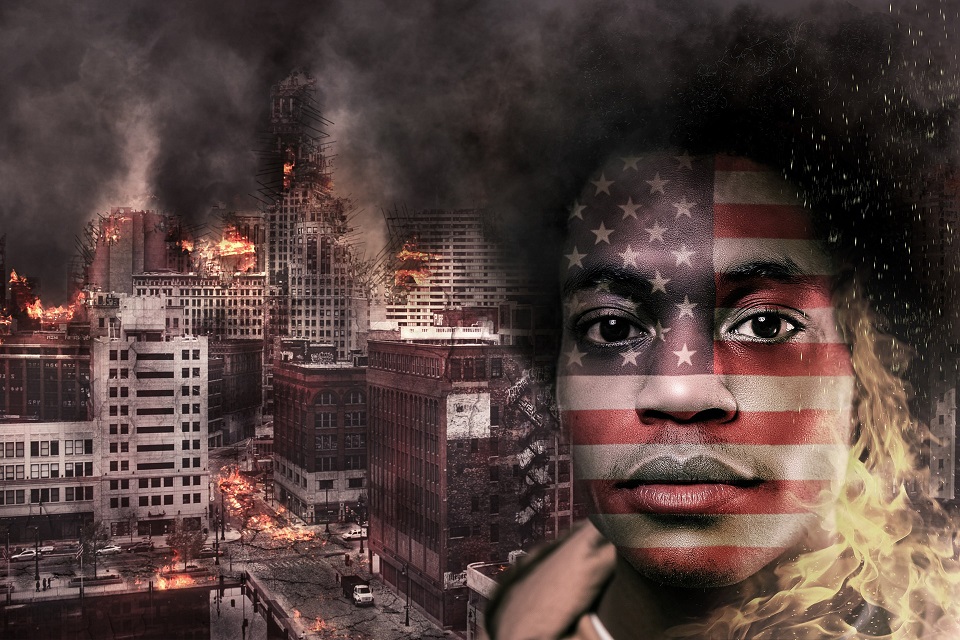 In the eyes of someone racist or xenophobic, does an immigrant have any chance of being accepted if they study here and support themselves?
In the eyes of someone racist or xenophobic, does an immigrant have any chance of being accepted if they study here and support themselves?
The irony is that we are surrounded by ‘migrants’. The Conservatives have hired Lynton Crosby to run their election campaigns, Rupert Murdoch owns a significant proportion of the media here, and the head of the Bank of England is Canadian. Many of the shops in our high street originate from the US. In the migration debate, it is the poor minority migrants rather than rich western migrants that are the problem. Whether racists and xenophobes accept it or not, our society is one of our migrant culture.
Does racism exist between different immigrant groups?
I would not necessarily define it as racism between groups. However, it is unfortunate that settled migrant communities have, at times, conceded to the debate on new migrant communities. The truth is that this impacts on settled migrant communities either through increased immigration restrictions which affects family members from abroad or through a general rise in racism.
Which sectors of the population are most racist?
Those with least contact with ethnic minorities will be susceptible to believing myths that are perpetuated by the media about communities they have no direct contact with.
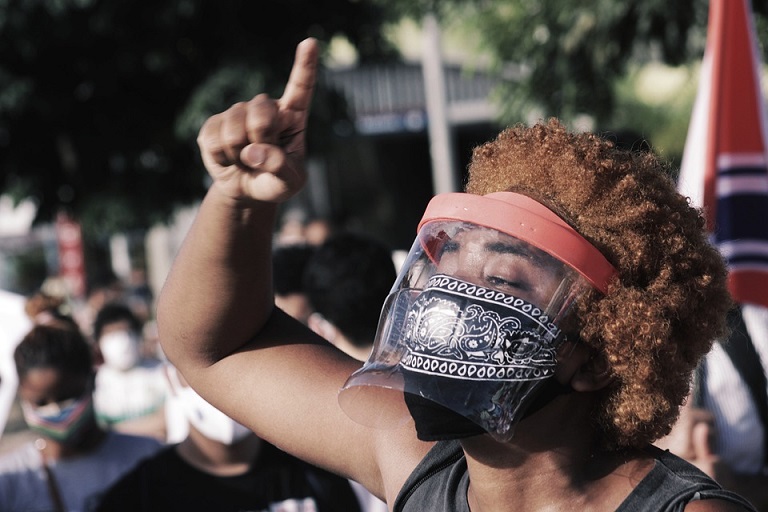 Which public bodies display most racism, pólice, NHS etc?
Which public bodies display most racism, pólice, NHS etc?
The institutional racism that has been found in the police is the most pronounced. Following the failures in the police investigation into the murder of Stephen Lawrence, the police had to admit institutional racism. It took almost two decades for the Lawrence family to receive some justice. In the intervening period there has not been sufficient progress in this area with stop and search, deaths in custody and detention of BME community members still being disproportionate.
Do anti-racist campaigns work? Most of them defend immigrants without educating the British public to accept cultural differences.
Yes. Many families who face racism would not have had the strength to challenge the racism they face without the support of a movement. Organisations like Unite Against Fascism played a central role to defeating the street-fighting fascists of the EDL and electorally driving back the BNP. Anti-racist campaigns often produce ‘myth busting’ materials to outline the facts on topics such as immigrants, or to debunk the myths about the Muslim community, but ultimately, it is the role of the state to create an educational curriculum that challenges racism. This was one of the key recommendations of the Lawrence report and has yet to be fully addressed.
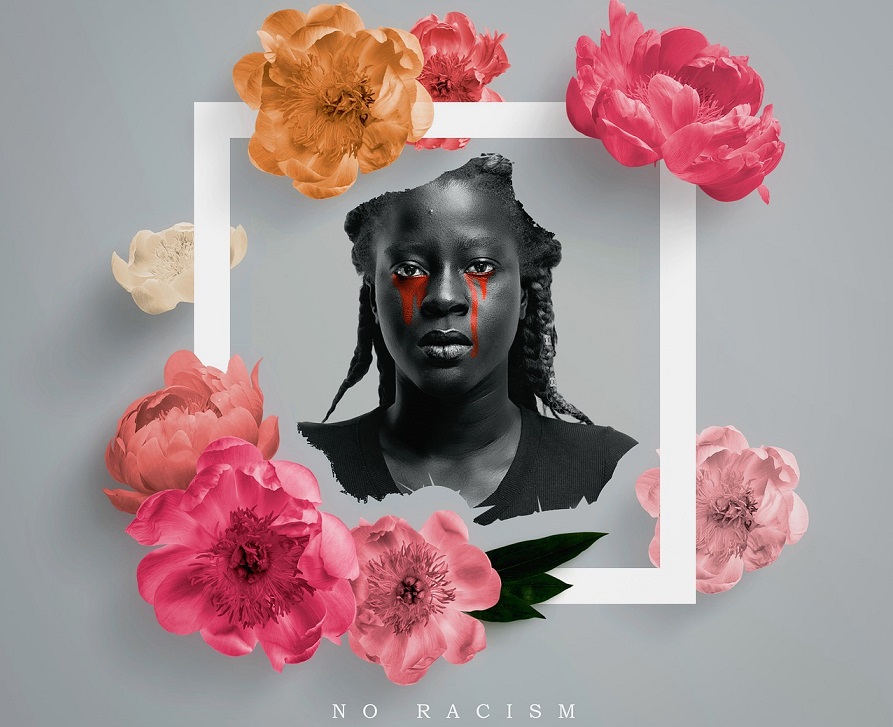 How does Stand Up to Racism work?
How does Stand Up to Racism work?
We bring together people from a wide variety of backgrounds, from migrant communities, trade unionists, parliamentarians, LGBT activists, faith representatives and students, to form a broad coalition against the toxic scapegoating agenda, against Islamophobia and in favour of diversity.
How much is known about why immigrants come here? Is it true that a lot come here after losing their land and homes because multi-national companies, including British ones, have established mega-projects in their countries?
It is definitely the case that many migrants have to travel for socio-economic reasons. When asked, most people would rather not have to migrate, as they would rather live and study surrounded by their own family, language and culture. It is important to outline reasons such as this in order to combat the hostility that migrants face.
(The Prisma’ memoirs. June,2014)
(Introduction translated by Eleanor Gooch) – Photos: Pixabay












.jpg)












